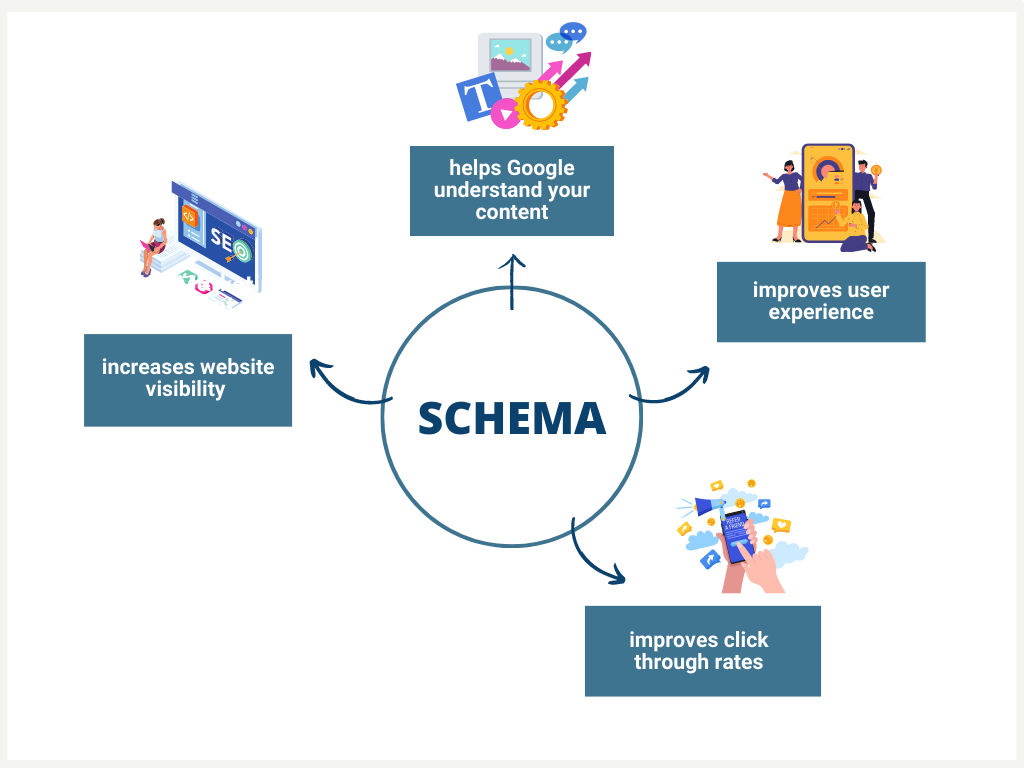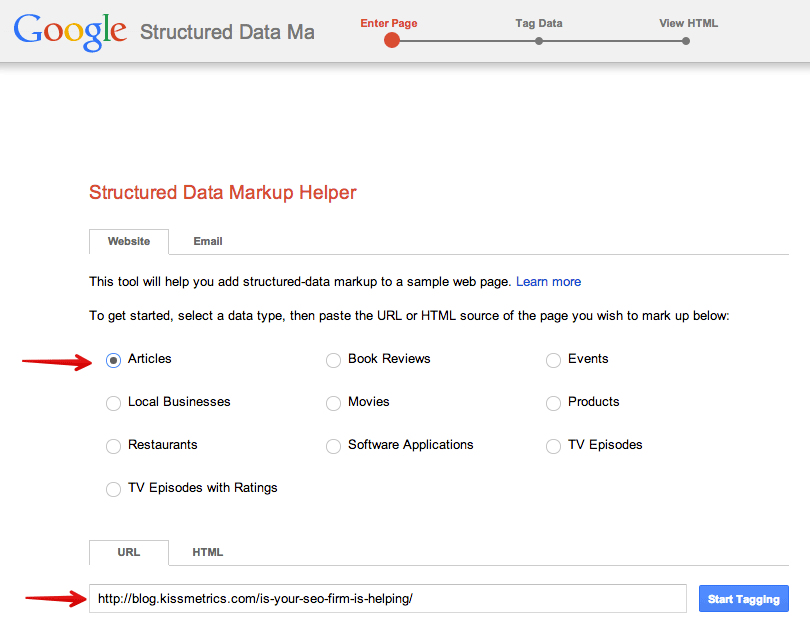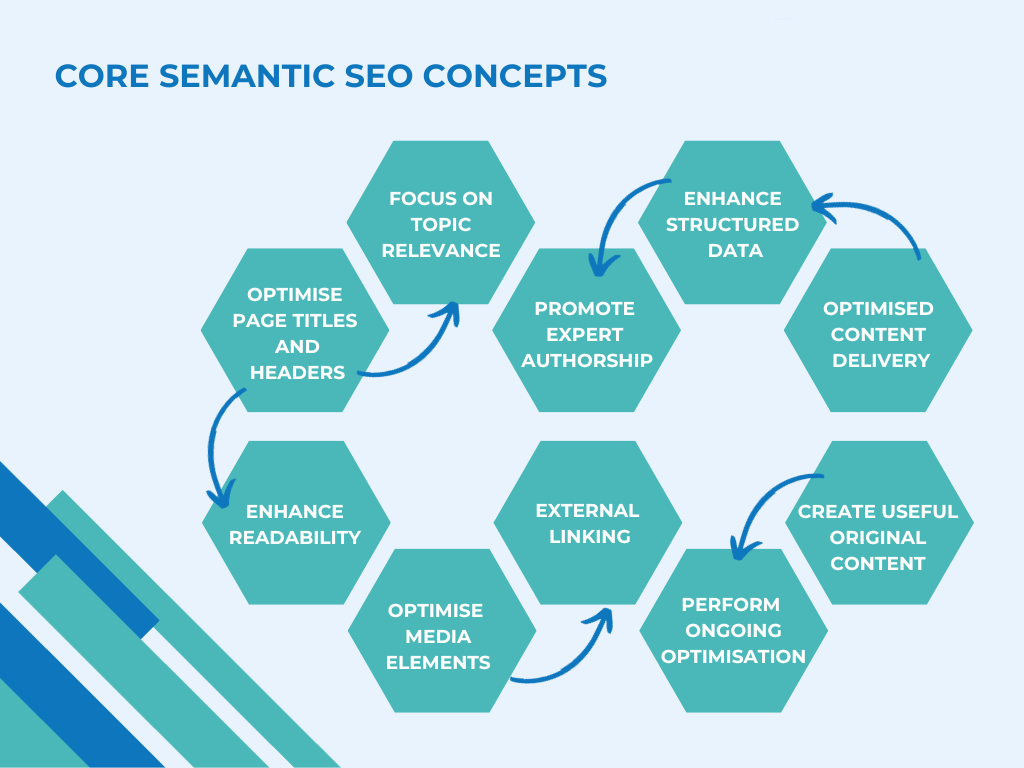What is a schema markup in SEO?
Schema markup is structured data code added to your website that helps search engines and AI systems interpret your content more clearly. Instead of just reading plain text, schema provides context about what information means, such as product details, reviews, events, or articles. This improves how your content appears in results, often leading to richer snippets, better visibility, and more accurate answers for users.
Why is schema markup important for SEO?
Schema markup is important because it helps search engines and AI systems understand your content in context, making it easier to display accurate and detailed results. By adding structured data, you increase the chances of earning rich snippets, knowledge panels, and other enhanced placements in search. This not only boosts visibility but also builds trust with users by presenting clear, reliable information at a glance.
What are the different types of schema markup?
How does schema markup help with AI Overviews?
How do I add schema markup to my website?
What are the benefits of schema markup for businesses?
There are many types of schema markup, each designed to highlight specific kinds of content in search results. Common examples include product schema, which shows pricing and availability, article schema that highlights headlines and authors, recipe schema with ingredients and cooking times, event schema that surfaces dates and locations, FAQ schema for quick answers, and review schema that displays ratings. Using the right type of schema ensures your content is presented in the most relevant and engaging way.
By supplying structured context, schema markup increases the likelihood of your content being cited in Google AI Overviews and other AI systems. Schema markup helps AI understand your content's meaning and structure, making it easier to extract relevant information. This structured data acts as a signal to search engines about what your content covers and how it should be interpreted.
You can add schema markup directly to your HTML using JSON-LD script tags, which is Google's preferred method. Alternatively, use microdata or RDFa markup embedded within your existing HTML elements. Many CMS platforms like WordPress offer schema plugins that automate the process. Test your implementation using Google's Rich Results Test tool to ensure it's working correctly.
It helps brands stand out in search, improves click-through rates, and ensures content is easily interpreted by both search engines and AI systems. Schema markup can enable rich snippets like star ratings, prices, and event details that make listings more attractive and informative. This enhanced visibility often leads to increased organic traffic and better user engagement with your content.

























